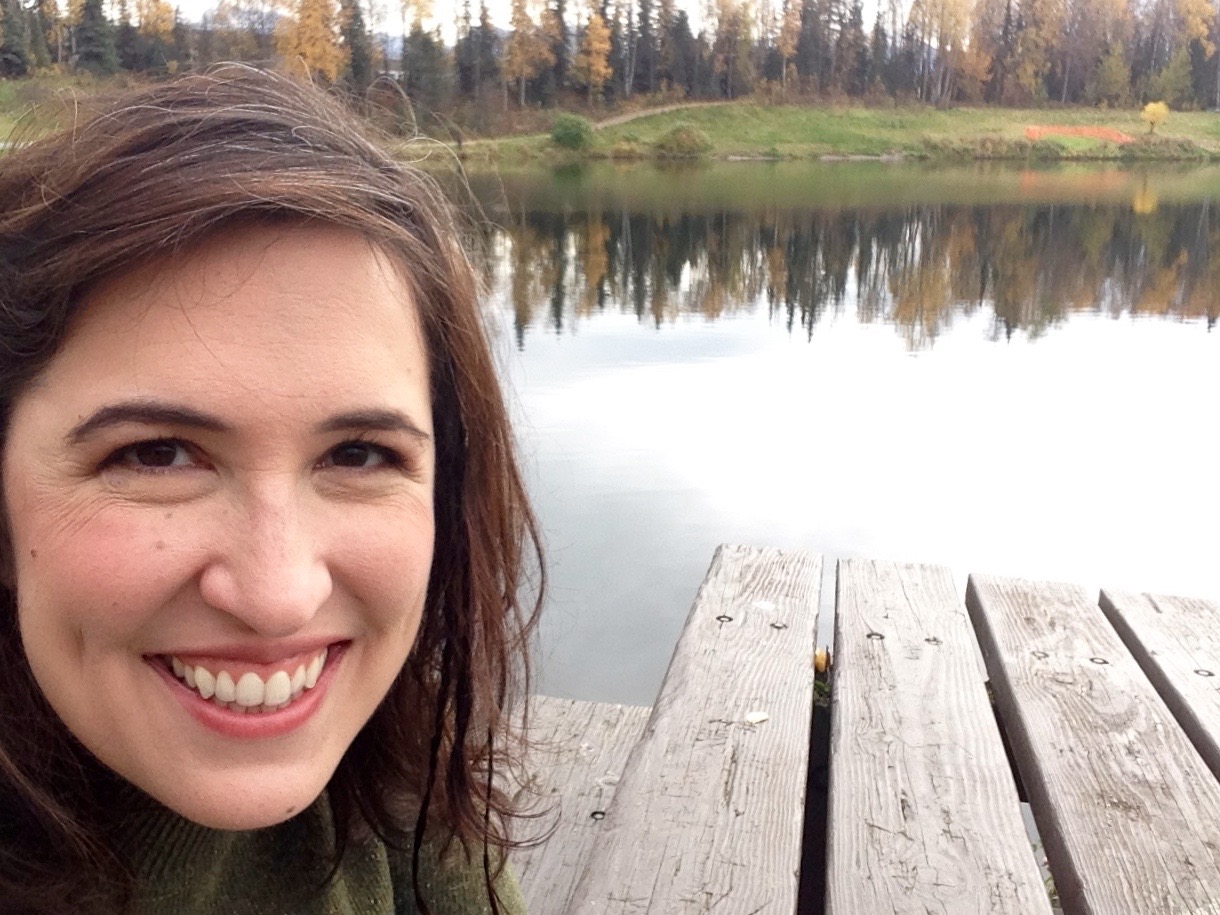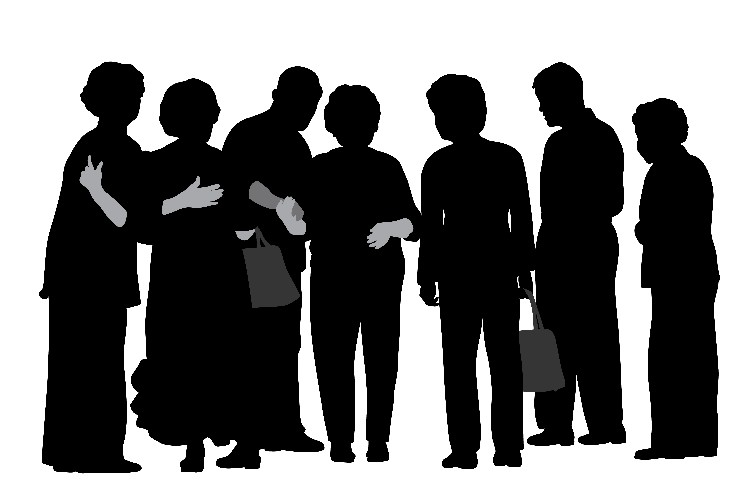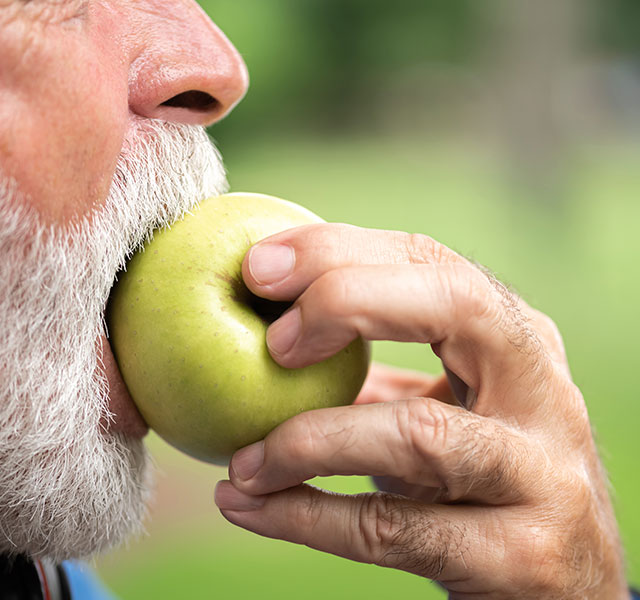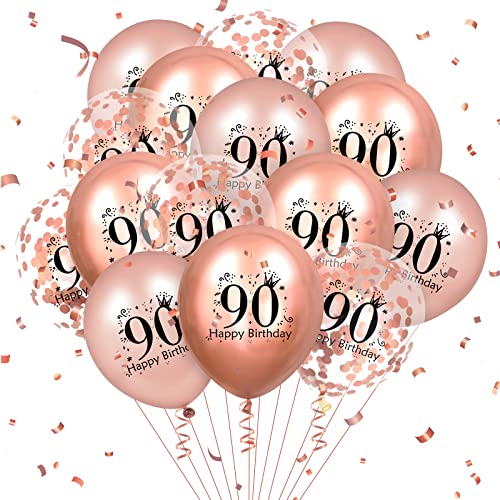Maybelle lives with her daughter, Ella, in a two-bedroom house in rural Nevada. At 76 years old, Maybelle controls her type 2 diabetes and high blood pressure as best she can. Years of caring for her ailing husband left little time for exercise and little money for health checkups. Breaking her hip didn’t help with mobility. She uses a walker, though she doesn’t go out much.
But Maybelle loves to paint. She’ll sit for hours creating landscapes that she donates to a local charity to sell. And she sings. Maybelle and Ella sing a hymn every night before bed—a brief but welcome respite in Ella’s stressful day. And she loves. She doles out words of wisdom whenever her 24-year-old grandson will lend an ear.
In Vail, CO, Ralph, a 76-year-old former business executive, maintains a season pass to the ski slopes and travels around the world with friends, hiking and bicycling in magical landscapes Maybelle only imagines. His hometown newspaper recently profiled him as an inspirational citizen. His doctor was quoted as saying, “Ralph sets a standard we should all aspire to.”
The question: Who’s aging more successfully?
Academics have been debating theories of successful aging for decades. They’re trying to identify what it takes to have a good old age so we can all follow the prescription, ideally starting in middle age or before. But the criteria have proven difficult to pinpoint. Many attempts have all but designated groups of people as failures at aging, even though they thought they were doing pretty well, thank you very much.
At least, though, these theories promote the possibility of a fulfilling, active old age. Not long ago, that particular focus was revolutionary.
Old and Only Getting Worse
In 1984, screaming teenagers celebrated the launch of the irreverent MTV Video Music Awards, and the popular movie Footloose preached freedom for young people against the tyranny of stuffy, middle-aged fogies. To be young was to be free and cool.
And to be older? Think Murder She Wrote, which also premiered in 1984, starring Angela Lansbury as an amateur detective. Neat, huh? Yet Washington Post critic Tom Shales described Lansbury’s character as “a diminutive old auntie” and a “cute and cuddly…granny Mary Poppins.” Lansbury was 58.
If 58 was “old,” what was 78, 88…98? Just plain sad. People in later life were likely to be viewed in terms of the four D’s: dependency, disease, disability and depression, wrote Kansas State University professor Rick J. Scheidt and colleagues in a 1999 article in the Journal of Applied Gerontology. Aging meant declining, and there was little positive about it.
Before the next century rolled around, however, that view would change.
What Is Successful Aging?
In 1984, while people were celebrating youth and dreading their elder years, a large philanthropic organization, the John D. and Catherine T. MacArthur Foundation, assembled 16 scientists to study ways to help improve how people aged.
Fourteen years later, in 1998, the group’s leaders, John W. Rowe, MD, and Robert L. Kahn, PhD, published the results of their research in the book Successful Aging. It explained what separated “successful” agers from everybody else. “In sum, we were trying to pinpoint the many factors that conspire to put one octogenarian on cross-country skis and another in a wheelchair,” they wrote.
The MacArthur findings revolutionized how people looked at growing old. As the cover promised, the book showed “how the lifestyle choices you make now—more than heredity—determine your health and vitality.” Healthy living in midlife and beyond could lead to active, fulfilling later years. It seems an obvious message today. But back then, it was unusually empowering and hopeful.
Though Rowe and Kahn didn’t coin the term “successful aging,” they helped popularize it. “This model was a real game changer and paradigm shifter,” says David C. Burdick, PhD, a professor of psychology and director of the Stockton Center on Successful Aging at the Richard Stockton College of New Jersey. “Once researchers changed their focus from decline and negativity, they started to find many more positive aspects of aging.”
When Rowe and Kahn studied older people, they culled out the cream of the crop and called them “successful.” In a nutshell, they said successful agers have:
- No disease or disease-related disability and a low risk of developing either.
- High mental and physical ability.
- An “active engagement with life,” meaning they maintain good relationships and engage in productive activities.
Sounds pretty good … but maybe a little too good. Amidst the praise and hoopla came concern. Meeting criteria that lofty wasn’t realistic for many people, some pointed out. And if you don’t successfully age, what does that make you? A failure? Or are you just a normal ager?
The Downside of “Successful Aging”
The book Successful Aging asserts that if you try hard enough and do the right things, you have a good chance of aging healthfully and happily. But not everyone is in a position to make the best choices. For example, what if you go through a time when money’s scarce, or you have responsibilities that leave little time for personal care?
This model “implies that we are able to choose lifestyles that will lead to successful aging,” says Share DeCroix Bane, PhD, assistant research professor at the Center on Aging Studies at the University of Missouri-Kansas City. “This can lead to blaming those who do not have access to that lifestyle or who have had debilitating illness.”
One group of people this affects most is women. In their 2003 critique of Rowe and Kahn’s concept of successful aging, published in the Gerontologist, researchers Martha B. Holstein, PhD, of Chicago’s DePaul University, and Meredith Minkler, DrPH, of the University of California, Berkeley, argue that many women have been in and out of the workplace, taking time to care for children, parents or a spouse. They’re more at risk for poverty and may not have had time or funds to care for themselves. Yet they make up the majority of people who live longer lives.
The Many Faces of Successful Aging
What, then, does successful aging mean these days? And how do we accomplish it?
The Rowe and Kahn model focuses largely on health. In order to accomplish its idealistic goals, you need to:
- Stay healthy. Exercise, eat wholesome food, don’t smoke, and get appropriate health screenings and vaccines.
- Nurture personal relationships. These give you emotional and physical support and may help you maintain health-promoting activities, such as participating in walking groups.
- Maintain a good sense of self-efficacy. Rowe and Kahn define this as a belief in your ability to solve problems and meet challenges. Also, don’t let people do too much for you. Doing things for yourself rather than letting someone else take over can help maintain that self-efficacy.
- Participate in productive activities. Work in a traditional career, volunteer, help friends and family, spend time on home maintenance or improvement, or do housework, for example.
If you’re not meeting all of those criteria, you’re not alone. Studies suggest that when older people are judged solely on this model, fewer than a fifth are successfully aging, wrote British researchers Ann Bowling and Paul Dieppe in a 2005 article from the British medical journal BMJ. Yet, according to the older people themselves, half are successfully aging by their own standards, which include having good mental health and a sense of purpose.
“Today, there are actually a number of other successful-aging theories, which build upon Rowe and Kahn’s work,” says Burdick. “They don’t so much reject the theory as build in other elements—for example, as a chef would take a good recipe and add or subtract ingredients.”
According to Burdick, some of the other theories include the following characteristics:
- Good attitude. It helps to have guarded optimism about aging—believing in your ability to change and to grow.
- Purpose. A sense of meaning and purpose in life is important.
- Spirituality. “It doesn’t necessarily need to be a traditional belief in God,” Burdick says. “Some sense of being part of something bigger than one’s self—some sense of transcendence beyond one’s body and surrounding—all seem to be helpful.”
Bowling and Dieppe say researchers have explored other criteria as well. Their theories suggest that you’re aging successfully if you’re still independent, for example, or you’re learning new things or you have good coping skills. Lay people add other characteristics. For instance, to them you’re successful if you’re satisfied with your life, or you’re financially secure or you still have a sense of humor.
What Does Successful Aging Mean to You?
With all of those theories—physical, cognitive, mental, spiritual—it’s difficult for anyone to meet the criteria. But looking on the bright side, this gives us lots of options.
We can each choose what successful aging means to us. Perhaps, like Maybelle, we’ll decide it includes expressing ourselves creatively, giving back to our community, deepening our spirituality, and being a wise and nurturing grandparent.
Or maybe we’re more like Ralph. Fitness and adventure are our calling, meeting new people, our passion.
We could even be like Brian Nelson, a 50-year-old who wrote in 2009 in the New York Times blog Well that he had survived over 40 years of bad health. At the time, side effects from cancer treatment were taking a toll. He wrote:
I get up each morning and remind myself that I’m going to be swollen, tired and nauseous. So if I get something done, like epoxy the hatches of the kayak I’m building, it’s a great day. Or if I get through all my (liquid) food, it’s a great day. Or if one of our cats comes up to say hello, rubs itself on my leg and settles down for a nap near me … yep: great day!
Nelson passed away later that year. Did he age successfully? Judging by his blog post, surely few would argue he didn’t. In fact, he was an inspiration to others—someone we could all learn from. And really, what better criterion for success is there than that?

Leigh Ann Hubbard is a professional freelance journalist who specializes in health, aging, the American South and Alaska. Prior to her full-time freelance career, Leigh Ann worked at CNN and served as managing editor for a national health magazine. A proud aunt, Leigh Ann splits her time between Mississippi and Alaska.



